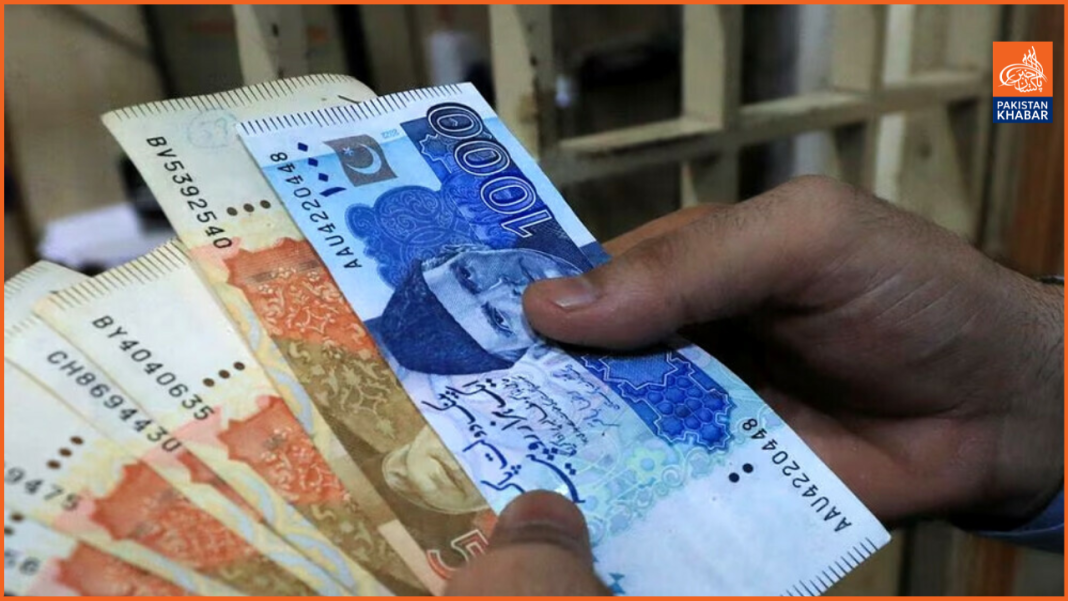An inquiry committee has uncovered embezzlement amounting to millions of rupees in Islamabad’s Zakat fund and has recommended disciplinary action against officials involved in the fraudulent activities.
The inquiry committee, formed in October 2024, recently completed its investigation and found evidence of alleged embezzlement by district administration officials and the local chairman of the Zakat committee.
After receiving reports of fund misuse, a preliminary inquiry was initiated, which confirmed suspicions of corrupt practices. “As a result, we referred the matter to the FIA for a comprehensive investigation,” said Chief Commissioner Mohammad Ali Randhawa.
He told Dawn that, given the fund’s purpose of assisting the underprivileged, he personally oversaw the inquiry. “The FIA will conduct a thorough probe, and anyone found guilty will face strict action,” he added.
Following the preliminary inquiry, the matter was referred to the FIA for a full investigation, with the committee also recommending an external audit of the Zakat fund.
Sources revealed that reports of misappropriation involving government officials and the creation of 185 allegedly illegal local Zakat committees surfaced in October. This prompted the chief commissioner to order an inquiry by establishing a fact-finding committee. After interviewing the concerned officials, the committee suggested that the FIA take over the investigation.
The inquiry report has been submitted to the Interior Ministry for forwarding to the FIA, which will conduct a detailed probe into the corrupt activities within the Islamabad Zakat and Ushr Committee and initiate criminal proceedings against those responsible for embezzling the funds.
The committee further recommended the establishment of a provincial Zakat Council, as per Section 14 of the Zakat and Ushr Ordinance, to oversee the operations of the Islamabad Zakat and Ushr Committee.
It also proposed suspending the Zakat and Ushr Committee and local committees in Islamabad, appointing an administrator, and holding elections within six months, with the current officials disqualified from running.
The report also recommended a special audit to determine the extent of the misappropriated funds. The inquiry revealed that a stenotypist, who was requested to join the inquiry, failed to do so, prompting the recommendation for his dismissal.
It was also noted that the district Zakat officer, who was responsible for safeguarding the records, failed to secure crucial documents related to several committees, and had unlawfully established eight committees under his authority.
Further, an official from the District Zakat Office, currently working in the Chief Commissioner’s administrative wing, may be repatriated to his original department.
While allegations were made against the audit officer, no concrete evidence was found. However, it was recommended that the audit officer conduct a complete internal audit of the local Zakat committees, hospitals, and institutions where the funds were allocated, submitting a report within two months. This internal audit should be compared to the results of an external audit.
The inquiry committee also proposed a forensic audit of “fake cheques” to verify the writing and signatures of the chairman of the Islamabad Zakat and Ushr Committee (IZUC).
Additionally, the committee suggested revamping the office of the district Zakat officer, ensuring the appointment of permanent officials to run the office efficiently, and filling vacant positions on a priority basis.
Lastly, the report recommended the verification of beneficiaries through biometric records in consultation with NADRA to ensure transparency in the distribution of Zakat funds and prevent corrupt practices.




